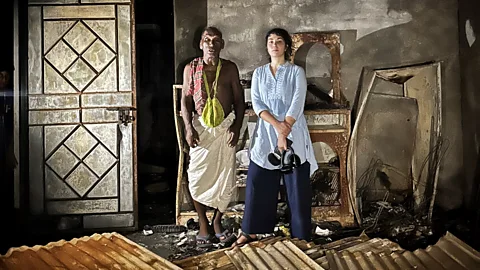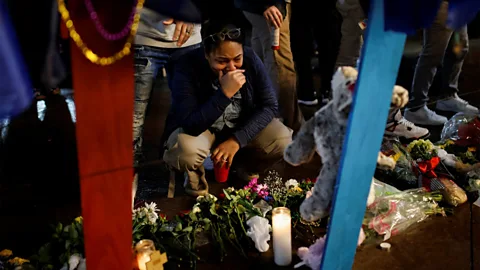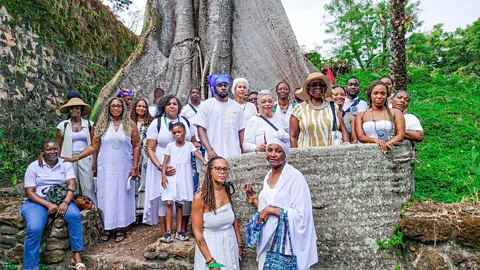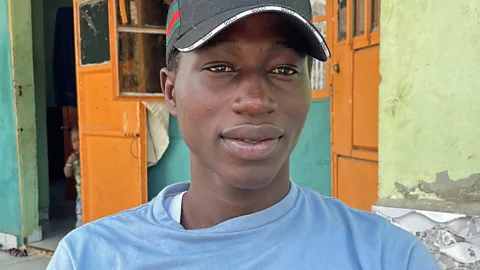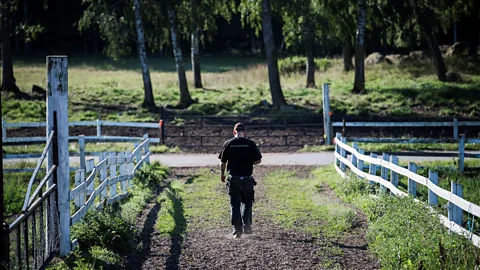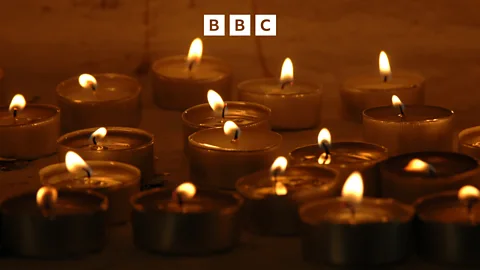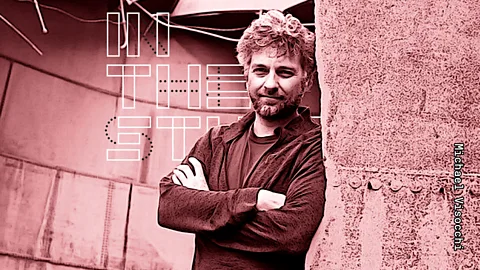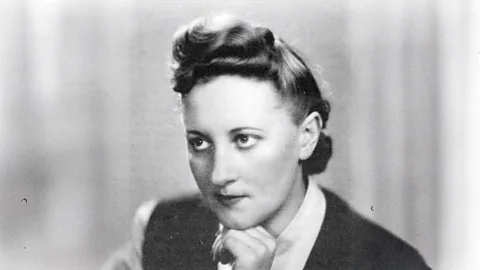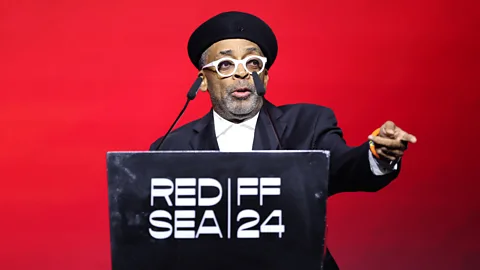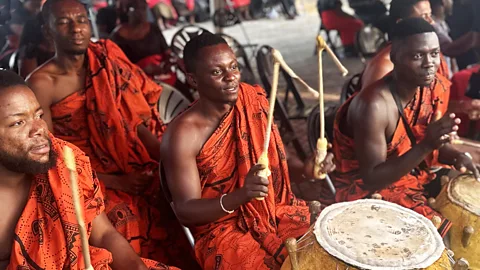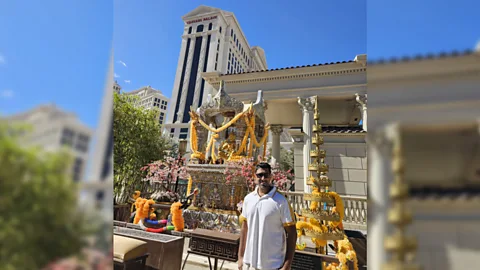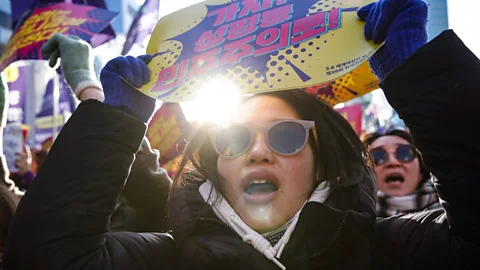
The Documentary Podcast
Assignment: South Korea - the feminist hunters
Up next
January 7, 2025
30 minutes
Available for over a year
Why feminism has become a dirty word in South Korea. In South Korea being a feminist is now something that can only be itted in private, thanks to a fierce backlash against feminism. Anti-feminists accuse women who advocate for equality as being man-haters, worthy of punishment. Online witch-hunts - spearheaded by young male gamers - target women suspected of harbouring feminist views, bombarding them with abuse and demanding they be fired from their jobs. Jean Mackenzie investigates how these witch-hunts have silenced women. She asks what this means for the future of women's rights in a country where gender discrimination is still deeply entrenched.




